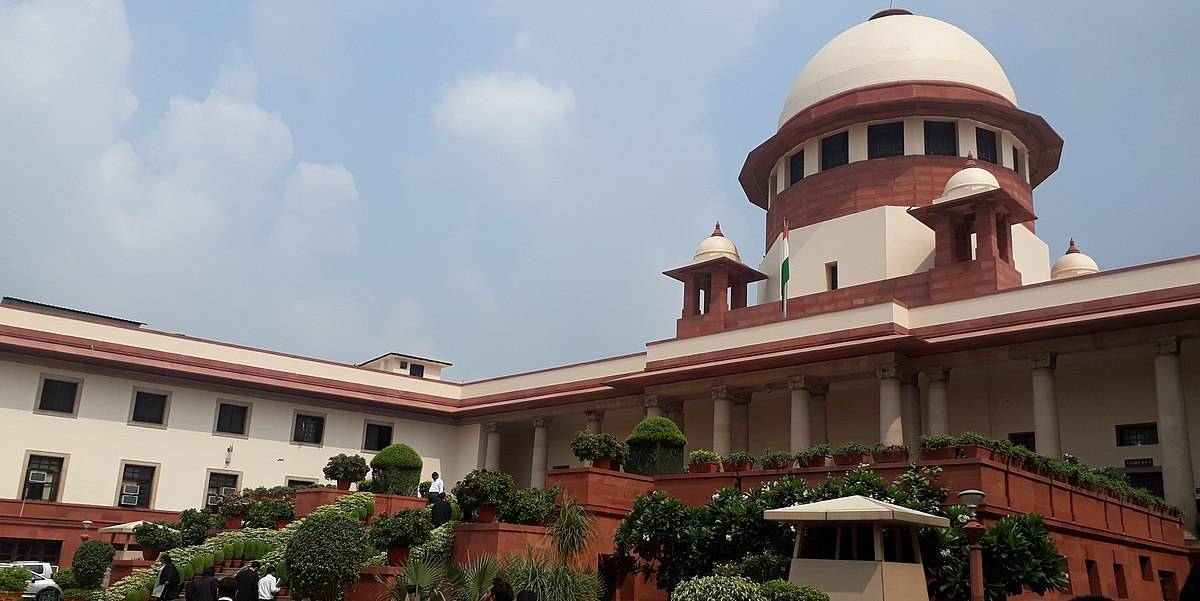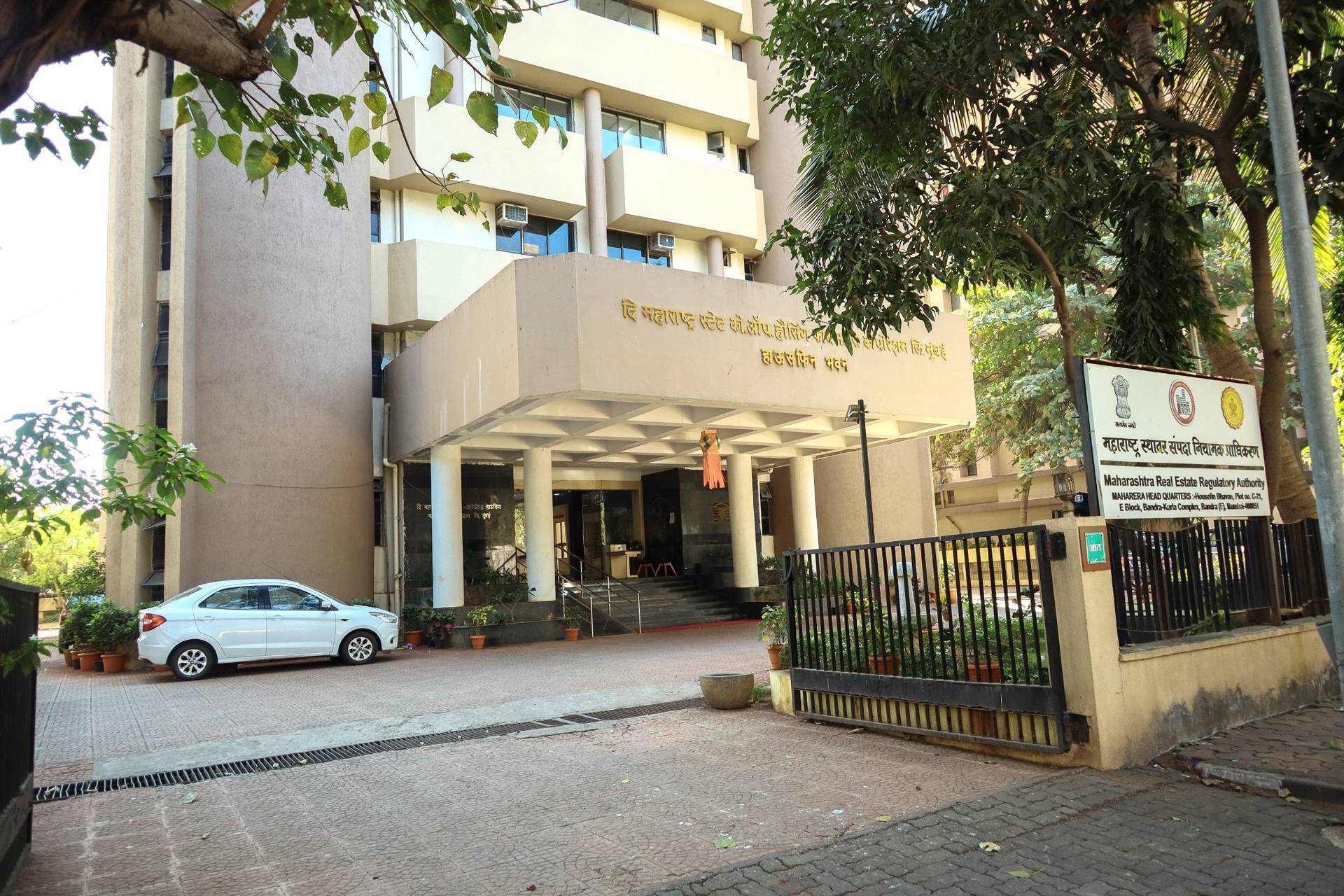The Supreme Court has stated that the registration of a sale deed does not, by itself, establish ownership rights. This clarification has direct implications for property transactions across India and reinforces the requirement for a complete set of documents to prove legal title.
The case that led to the ruling involved a land transaction from 1982, where a housing society in Telangana executed an unregistered agreement to sell land. Several years later, subsequent purchasers relied on possession and registration of later documents to claim ownership. The court examined the documents and held that even though a registered sale deed existed, it did not automatically transfer valid ownership because the original seller lacked a legally established title.
The court observed that possession, registration, and even a chain of agreements do not by themselves complete the transfer of ownership. A legally valid title must originate from a person who has the right to transfer the property. If that original title is missing or defective, later registrations are not sufficient to claim legal ownership. This interpretation of the law brings clarity to a recurring issue in Indian property transactions, where buyers often assume that registration is the final legal step.
As per the court, legal ownership of a property must be demonstrated through a combination of documents, including mutation certificates, revenue records, and proof of property tax payments. The ruling reinforces that registration is a procedural act, not proof of valid title. It is the underlying legal right to sell that determines ownership—not just the execution of a registered document.
For homebuyers, this ruling means that a sale deed registered with the sub-registrar is not enough to guarantee ownership. Buyers are now expected to check the full title chain, ensure that previous transactions were legally valid, and obtain additional records. Mutation entries, which reflect the change of ownership in land revenue records, have become essential. Property tax receipts in the name of the seller and other supporting records are also necessary to confirm ownership.
For real estate developers and brokers, the judgment implies greater responsibility in verifying land title before launching or selling projects. Developers will need to present complete documentation during project approvals and marketing. Real estate agents will also be required to ensure that buyers are informed about the status of the title and associated documents. This will likely increase the workload and may also extend transaction timelines.
The ruling may help reduce disputes arising from unclear titles and fraudulent transactions. In many cases, possession is taken without full documentation or through informal agreements. The new clarity provided by the Supreme Court makes it more difficult for such informal transactions to be treated as valid sales. Parties involved in transactions without a clear and documented title may face legal challenges even if the property is registered in their name.
The court’s position is aligned with established principles of property law. Ownership of immovable property requires not only possession and registration but also legal authority to transfer. This judgment makes it clear that a document registered under the Indian Registration Act cannot be considered final proof of ownership unless the title is legally sound.
Legal professionals believe the ruling will encourage better compliance with due diligence procedures. Buyers will be more cautious and may seek legal advice before finalizing transactions. This may lead to higher transaction costs, but it can also reduce the risk of disputes and litigation in the long run.
Government authorities may also be required to streamline procedures for issuing mutation certificates and maintaining updated revenue records. Delays in these processes can create problems for buyers who now need these records to establish ownership.
Image source- scobserver.in









.png)